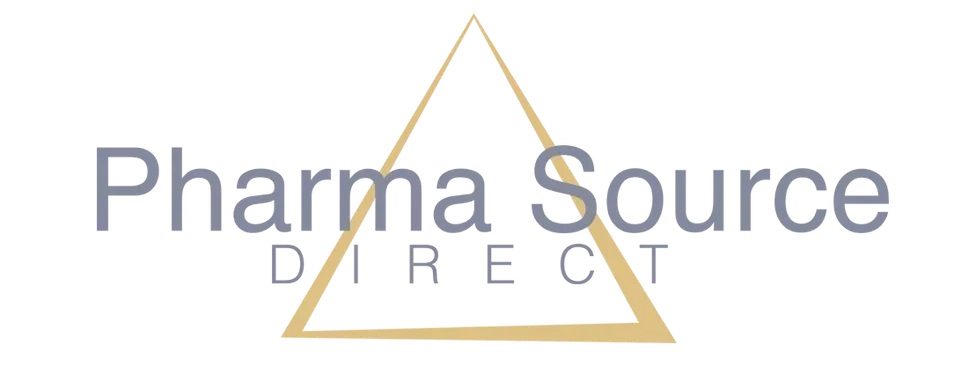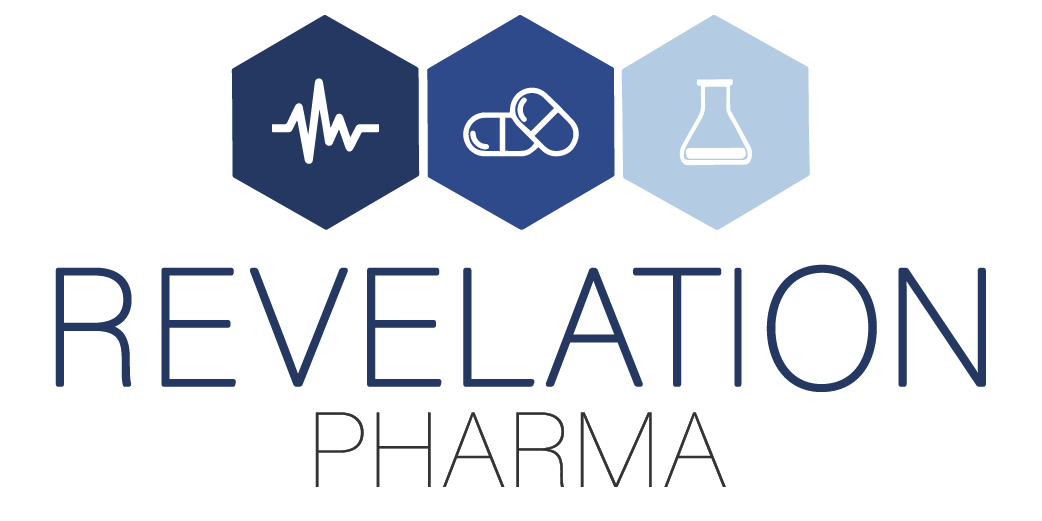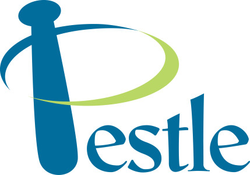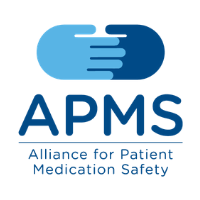June 25, 2024
Those Lilly letters
We learned a couple weeks ago that several compounding pharmacies have received a cease-and-desist letter from a law firm representing Eli Lilly.
The letter says the pharmacy is selling compounded tirzepatide that “pose[s] serious risks to the American public.” We’ve seen a handful of those letters, and though each appears to allege specific illegal marketing claims by the individual pharmacy to which the letter is addressed, those pharmacy-specific allegations are inserted into what appears to be a form letter.
That form letter makes some pretty astonishing allegations, many of which, to my non-lawyer thinking, are demonstrably false, maybe even nonsensical.
To wit:
- They accuse the pharmacies of “attempting to sell mass-manufactured drugs without any of the safety protections that apply to FDA-approved commercial manufacturers.”
- They assert that the FDA’s “essentially a copy” guidance “does not apply to medications that are listed as ‘available’ on the FDA shortage website.”
- They state that compounders “cannot distribute compounded drugs out-of-state in quantities that exceed 5% of orders dispensed.”
- They state that FDA has “issued multiple warning letters to compounding pharmacies purportedly selling compounded tirzepatide products because they are not safe or effective.”
Let’s dispense with these particular claims quickly:
- Pharmacy practice acts in every state differentiate compounding from manufacturing, and the small-business pharmacies to which this letter has been sent — at least the ones I’ve heard about based on what we know about their businesses — are doing patient-specific dispensing and certainly are not engaging in “mass manufacturing.”
- FDA’s “essentially a copy” guidance applies to medications that are listed as “currently in shortage” on the FDA shortage website — not “available” – and FDA has stated on-the-record that semaglutide and tirzepatide injectables meet that definition at present.
- Traditional compounding pharmacies don’t “distribute” anything. They dispense, and FDA has long stated it will not enforce the 5% limitation on out-of-state shipments until an MOU with states is finalized.
- Those warning letters from FDA were sent to entities claiming to be compounding pharmacies, but they weren’t pharmacies at all. They were illegal operations posing as pharmacies, and the agency was right to shut them down.
I suspect Lilly’s lawyers know that some of their claims in these letters are hooey. Perhaps they’re meant to scare the recipient into ceasing shortage-drug compounding of GLP-1s. Still, I suspect it can be jarring for a pharmacy owner to receive one. So yes, if you’re one of those recipients, get a lawyer.
As for those of you who are not compounding GLP-1s during this prolonged shortage: These letters are an assault on you, too – on your ability to serve patients by preparing copies of any FDA-approved drug when the drug is on the shortage list.
So: Keep your noses clean. Mind your marketing claims. And above all else, keep serving those patients.
We’ll have more to say on this topic on June 26 at our Town Hall on GLP-1s. You can register here.
— Scott
Scott Brunner, CAE, is APC’s chief executive officer. You can reach him at scott@a4pc.org.
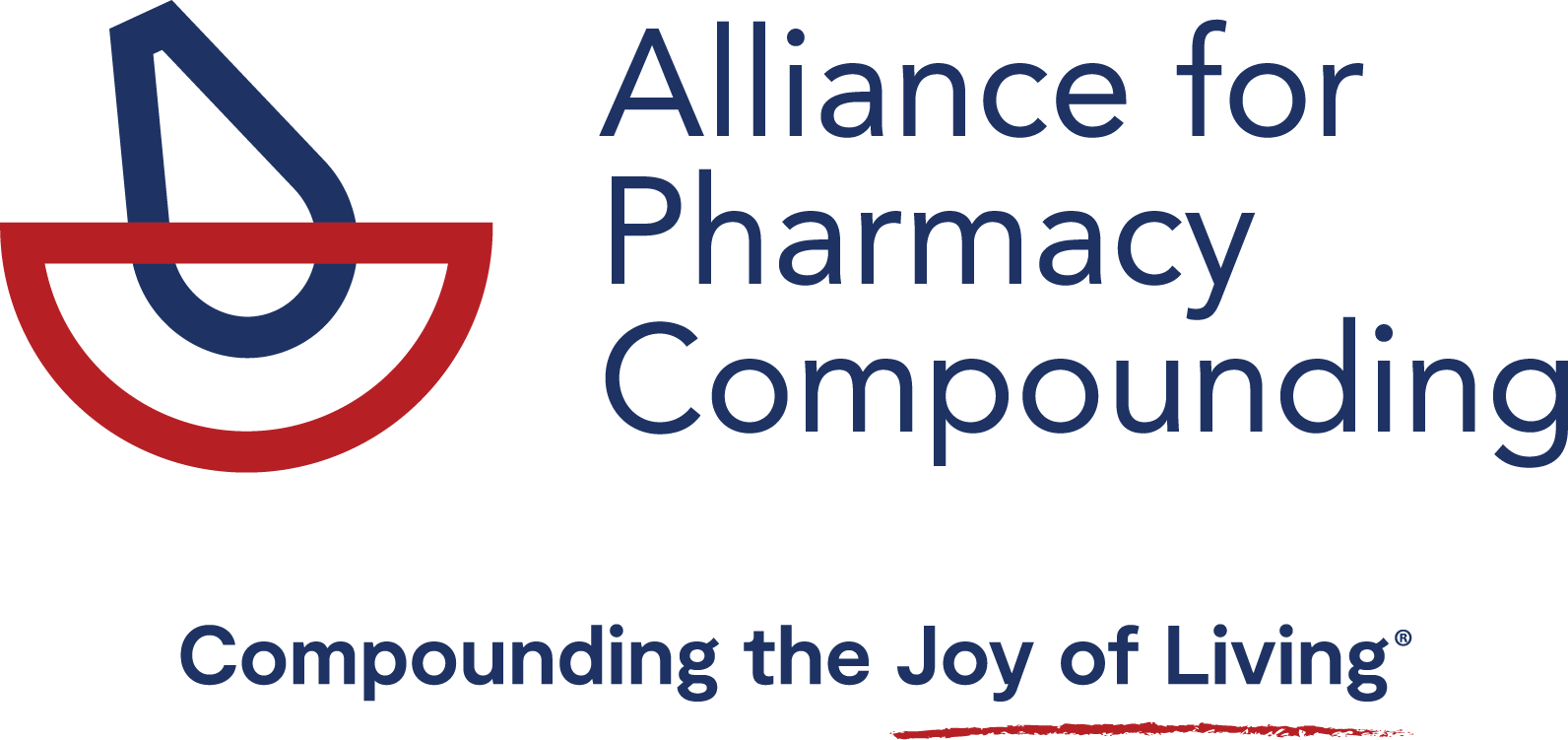






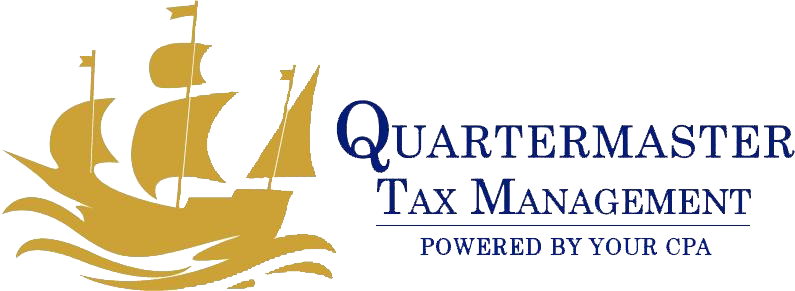

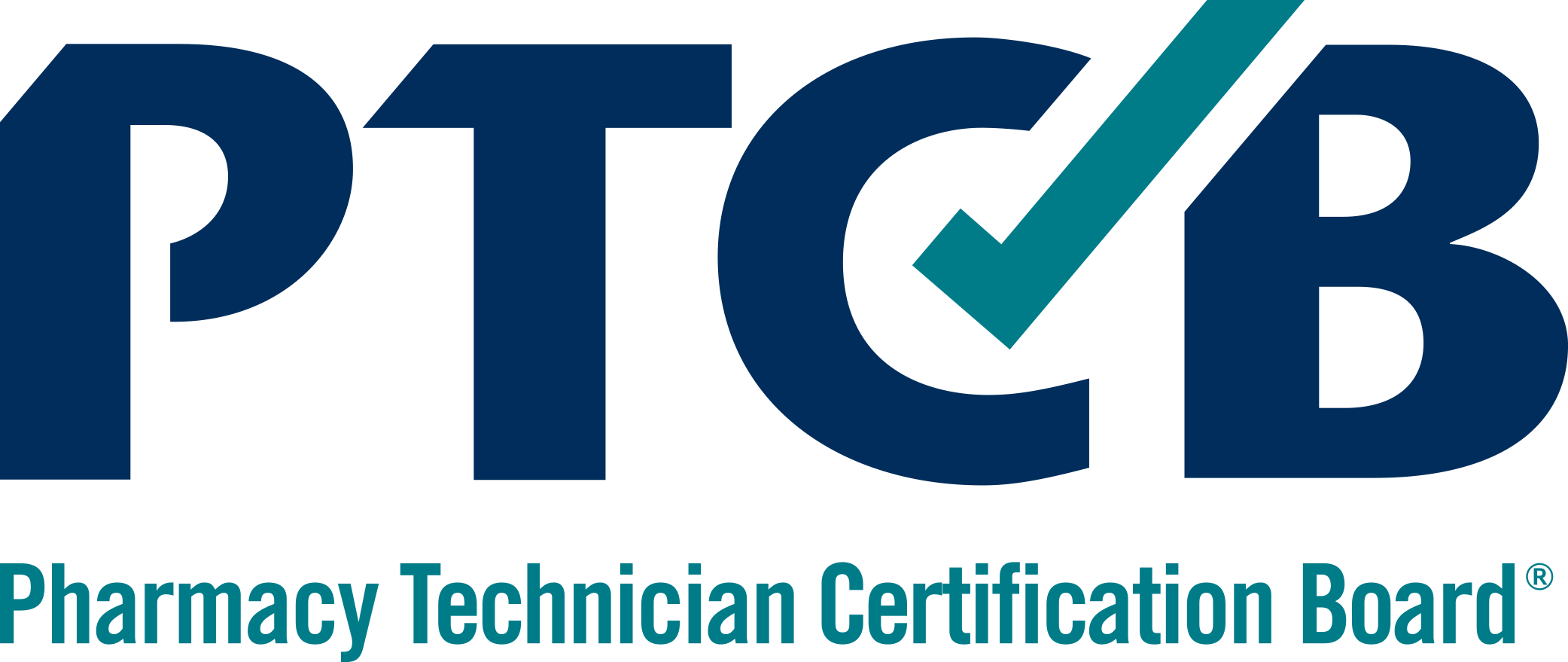


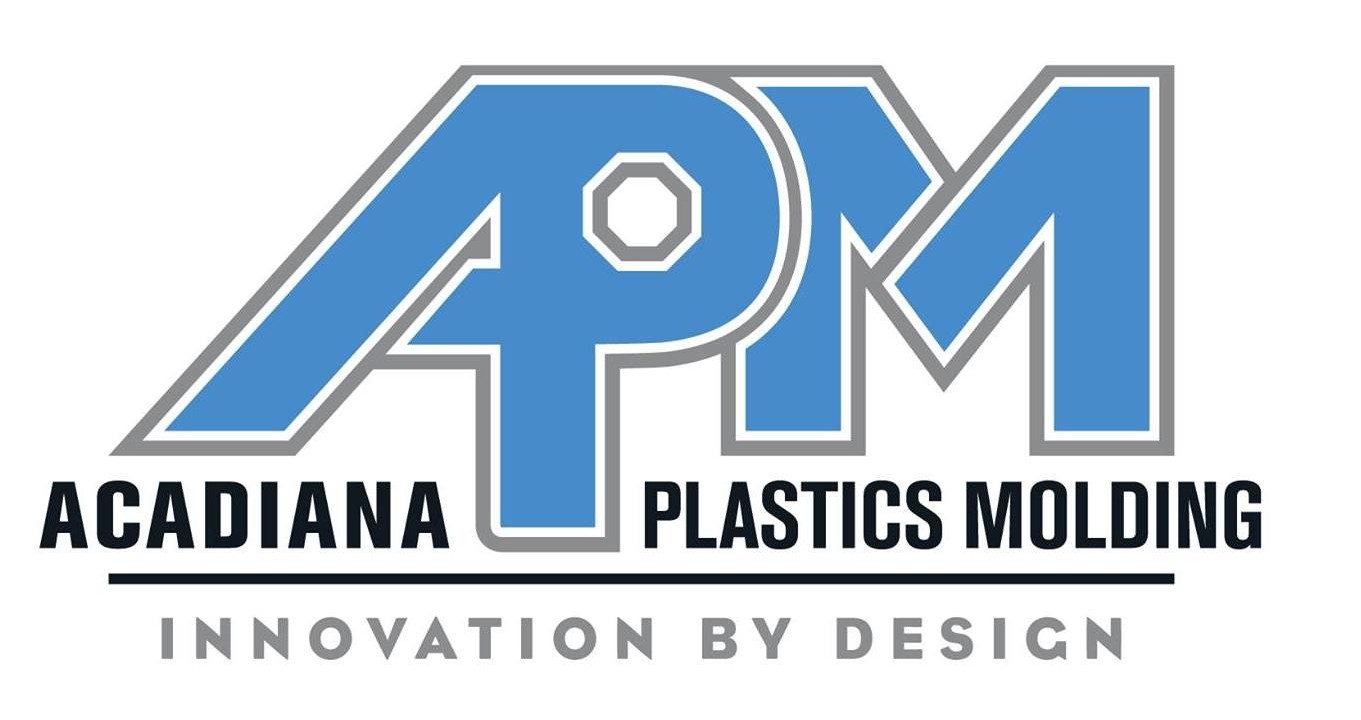

![Topi-CLICK a Division of TEAM Outlines[1]](https://a4pc.org/files/Topi-CLICK-a-Division-of-TEAM-Outlines1.png)



